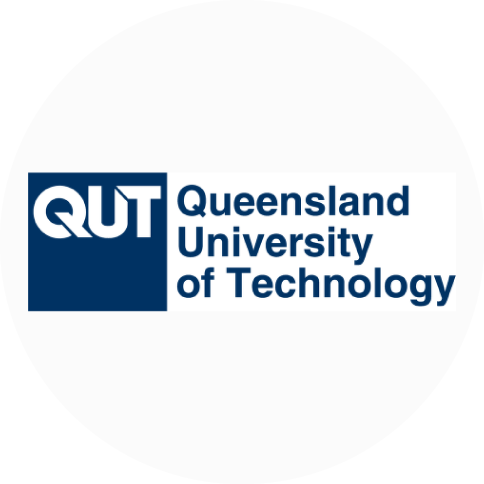Master of Nursing – Entry to Practice
Master of Nursing – Entry to Practice
Highlights Join a growing sector and become a nurse after 2 years of study if you have a previous degree Be in demand with a masters that focusses on strengthening employability skills in your final year Benefit from more than 800 hours of clinical placement, and additional theory units Prepare…
Categories
COURSE DESCRIPTION
Highlights
- Join a growing sector and become a nurse after 2 years of study if you have a previous degree
- Be in demand with a masters that focusses on strengthening employability skills in your final year
- Benefit from more than 800 hours of clinical placement, and additional theory units
- Prepare yourself for a career in public and private hospitals, nursing homes, community health, hospital in the home, school health, pathology laboratories, alcohol and drug services and the Australian Defence Force.
This course will not only develop your clinical skills but will teach you to analyse and apply scientific knowledge within the context of nursing and related disciplines. You will be equipped with critical thinking and clinical reasoning skills, so that you can evaluate your practice to provide high-quality, evidence-based, person-centred care.
Inherent requirements
There are some essential skills and abilities you’ll need to perform to meet the core learning outcomes of your course or unit. They’re not something you need to get in to the course, but they’ll be assessed throughout your course, and they’ll be required for you to succeed in your career when you graduate. Find out more about the inherent requirements for the Master of Nursing – Entry to Practice.
Mandatory notifications
While you are registered as a student with the NMBA, QUT has an obligation to notify AHPRA if you have an impairment that may place the public at substantial risk of harm when undertaking clinical training. Find out more about the guidelines for mandatory notifications.
Why choose this course?
The Master of Nursing – Entry to Practice provides a pathway to a nursing career for applicants with a bachelor degree in any area other than nursing. Students are awarded the equivalent of one year of advanced standing (credit) and complete the course in two years instead of three. The masters qualification positions you as a future leader in healthcare, preparing you to navigate complex health care challenges, and equipping you with clinical skills, research expertise and the capabilities to lead service provision .
Our course content reflects emerging trends in healthcare and nursing practice that have been identified through consultation with industry partners, discipline experts and research literature.
The masters embeds a bioscience unit within the first semester, grounding students in essential knowledge of human anatomy and physiology. This unit removes the need to study bioscience as a prerequisite for course entry and ensures the quality of learning in this area as a foundation for nursing practice based learning. Subsequent studies will also build your knowledge in pathophysiology and will introduce you to professional nursing practice and contemporary healthcare service.
You will go on to develop an understanding of pharmacology with an emphasis on quality use of medicines. On-campus studies are complemented by opportunities to apply nursing theory to clinical practice in the simulated hospital facility and in clinical placements off campus.
Careers and outcomes
Nursing is one of the most diverse health professions and provides employment opportunities in Australia and overseas.
Employment can be in general and specialist areas such as emergency, paediatrics or mental health, and in areas of health care beyond the traditional hospital ward including community health, in-home care, school health, pathology laboratories, alcohol and drug dependence, and the armed services.
Many nurses complete further study and become specialists in acute care nursing, cancer nursing, emergency nursing, intensive care nursing, mental health nursing, or paediatric, child and youth health nursing.
EDUCATIONAL INSTITUTION
Study at The University of Queensland. Learn with leading academics in world-class facilities and join the most employable graduates in the state. At UQ you’ll benefit from flexible study options, field trips, lab work, industry placements, research experience, and online study in Brisbane, Australia.




